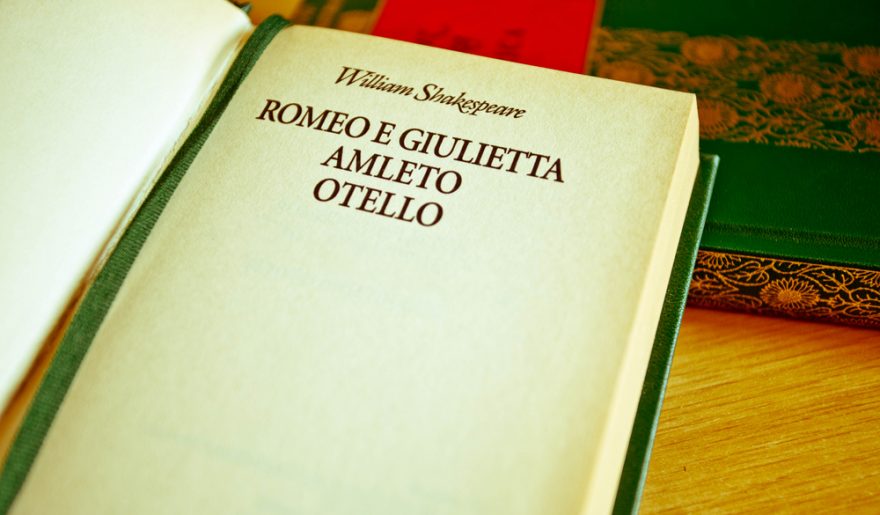Read Our ‘Othello’ Essay and Improve Your Knowledge of Literature
The eponymous hero of Shakespeare’s play “Othello” is a character who reflects innocence and fury himself. He shows himself as too trusting to the people who turned out to be his enemies. Meanwhile, Othello chose to kill the only person who truly loved him.

Photo from Depositphotos
Many literary critics and modern dramatists love to analyze Shakespeare’s play from different positions. Scholars and academic workers like to share their points of view in research such as Othello literary analysis essays or other academic papers.
BuyEssay is a service that can give masterclass demonstrations not only in an “Othello” analysis essay but in many other literary compositions. Check out the many interesting subjects we represented in our blog, specially for students. Or buy essays from our authors online.
Who Is to Blame for the Downfall of Othello?
The characters in this tragedy have the misguided belief that all things are constant while failing to observe their actual development and the emergence, or dissolution, of essential aspects. On the other hand, they are convinced that the universe is reduced to each of their individual existences, that events occur within the norms of the worlds that they each know of and define; no one tries to contemplate the actual world as it is.
Othello in particular displays a lack of analytical thinking, unable to distinguish between essence and appearance. He is the embodiment of vigor and heroism, devotion and integrity, while balancing a romantic, poetic emotion through his own idealistic outlook. But the main features that characterize his spirit and his conduct are what turns him into an object of envy: his aura of honesty and trust projects his vulnerability.
This gem of literature is an undeniable tragedy born out of jealousy and broken trust, where the suffering and death of the two loving spouses are determined by the influence of another odious person’s primal urges.
However, there are two other perspectives of this same matter: the first, by referencing Othello as a tragic hero, justifies his suffering as fate running its course. But by regarding him as simply human, his downfall is “not a consequence of his own actions but due to circumstances beyond his control” (“The Tragic Vulnerability of Othello”).
Of course every person is generally accountable for their own actions, therefore the tragedy that Othello falls into (or, his fall from grace) is to a great extent his own doing. When he does actually realize his unfortunate mistake, it is too late.
His tragedy takes the form of the repercussion of his choices, which “can be analyzed in relation to the people he decided to get involved with, the nature and amount of trust that he laid upon those close to him, and the nature of decisions” (“Othello’s Tragedy”).
I believe we can try to reinterpret what tragedy represents in the narrative of the self that happens in the course of time, subjected to the play of history and fate. Being mostly influenced by personal experiences and perspectives, it is a paradox that external factors seem to prevail.
Works Cited
“Othello’s Tragedy.” IvyPanda, 30 Oct. 2018, www.ivypanda.com/essays/othellos-tragedy/.
“The Tragic Vulnerability of Othello English Literature Essay.” UKessays, November 2018, www.ukessays.com/essays/english-literature/the-tragic-vulnerability-of-othello-english-literature-essay.php?vref=1.
